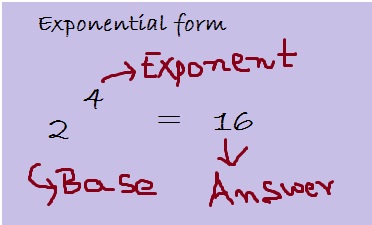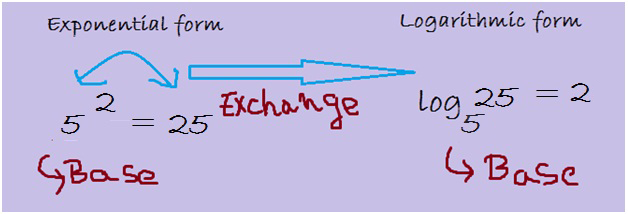Many students like Math but when they come to college level, they may not feel like choosing Math. It could be their quest to expand their Math knowledge through related subjects. There are majors which do not bear the name of Math but expect you to use your Math knowledge to a good extent since they are based on mathematical concepts to a great degree.
Following are 5 majors which are not Math but which can attract any enthusiastic Math learner
Architecture: Behind any structure, there is the hand of an architect. An architect needs Math proficiency in various aspects of architecture as in knowledge of materials, understanding of polices and codes and building structures.
Further, architects need Math knowledge to create blueprints and scale them accordingly into realistic structures, analyze structural problems and understand the various shapes of design elements. One can find the elements of Algebra, Calculus, Statistics, Trigonometry and Linear Programming in Architecture learning.
How To Prepare For Your #Math Final #Exam Without Losing Your Sleep http://t.co/DjJbnRge9D pic.twitter.com/lJk9MkY9LA
— Tutor Pace (@TutorPace) September 16, 2015
Computer Science: Computer Science showcases many career opportunities for students with its vast areas of learning. Students can be software professionals, web developers, data base administrators, inventors, researchers and theorists if they study Computer Science major.
Computer Science students use Math to write codes, design software, compute data or combine all the three. Computer Science students study Trigonometry, Calculus, Graph theory, Combinatorics, Ordinary Differential Equations, Theory of Analysis, Algebra and Numerical methods.
Biology: It is a common fact that most of the students who like Math also like Science. For such students, Biology is a good option. These students can enter the field of academic research, public health, environmental science and veterinary or human medicine.
Read To Know Top 13 #iPad #Educational #Apps For Kids http://t.co/c6NhHOQilv pic.twitter.com/OW3DcOg9Kq
— Tutor Pace (@TutorPace) October 7, 2015
Biologists use Math for analyzing study results with statistics and for correct dosing of medicine. Students find the aspects of Algebra, Calculus, Statistics, Geometry and Trigonometry in their Biology learning.
Engineering: Engineering has the use of Math and Science for solving problems. So, we find engineers in many fields like biomedical, electrical, environmental, computer and mechanical engineering. Engineers can work in private or government sectors and they can enter the field of research as well. They rely on fundamental Math and Science principles to do their job. Engineering majors need to take courses in Algebra, Differential Equations, Geometry, Calculus, Statistics and Trigonometry.
Economics: Those who are good at Math can be good at Finance. For such students, Economics major is a good choice. Students with Economics major can work in money related professions like auditor, actuary, accountant and budget analyst. They can also work in areas like research, education or natural resource management.
In the Economics field, you use Math to illustrate and predict business cycles, collect and analyze data and provide financial advice to organizations and business concerns. In Economics major, students concentrate on Algebra, Game theory, Calculus, Mathematical Economics, Trigonometry and Statistics.
Get #Math #Homework Help To Learn Tricky Topics With Ease http://t.co/OPOc8X08S4 pic.twitter.com/xhYrBcoASB
— Tutor Pace (@TutorPace) October 12, 2015
Conclusion
Thus, one has scope for continuing his relationship with Math without pursuing a Math major. All the five majors above mentioned make an interesting study about how they are related to Math and how students need to look into Math details while pursuing these courses. For knowing more details about Math related aspects of learning at advanced level, one can contact online Math tutors who give the best of information in the field.










